- 👨🏿🚀TC Daily
- Posts
- Billion naira fines hit Moniepoint, OPay
Billion naira fines hit Moniepoint, OPay
Today: Bolt launches Bolt Market in Kenya.


Happy mid-week!☀️
South Africans spent 112% more this Black Friday than in 2023, according to Ecentric Payment Systems. At its peak, transactions hit 2,185 per minute, with shoppers buying big-ticket items online after checking them in-store.
Despite macroeconomic challenges, the demand for Black Friday deals remains strong. For retailers, the takeaway is clear: discounts drive the holiday rush, and omnichannel strategies are paying off.

Fintech
Nigeria CBN fines Opay, Moniepoint $634,000 each

When boys become men, they must shoulder the responsibility of men. Nigerian fintechs are growing fast, and the CBN is ensuring they’re ready to carry their weight.
Until recently, Nigeria’s Central Bank—which has relied on fines to enforce regulatory compliance—has had minimal compliance interactions with fintechs. However, as these fintechs reach more Nigerians, their millions of customers must also be protected by regulators. In April, the CBN asked fintechs to tighten their Know Your Customer (KYC) processes, with fintechs temporarily stopped from onboarding users.
On Tuesday, TechCabal reported that the CBN fined two of the country’s biggest fintechs, Moniepoint and OPay, ₦1 billion ($634,000) each in the second quarter of 2024 for compliance infractions. At least four other fintech companies were also fined, though the specific details of these penalties have not been disclosed. People familiar with the conversations claim that the infractions may be associated with the size and scope of the fintechs microfinance licenses which has limited covering for users.
This latest fine marks the CBN's first significant move to penalise fintechs. The bank has primarily used fines to enforce compliance among traditional banks, handing out ₦15 billion ($9.5 million) in fines in 2023.
The new fine continues the compliance conversation in Nigeria’s fintech which has seen fintech companies ramp up compliance hires. These fintechs which previously skewed towards minimal compliance staffing have ramped up hires to help ease regulatory tensions and mitigate fraud in Nigeria’s fintech industry.
Read About Moniepoint’s Impact on Pharmacies
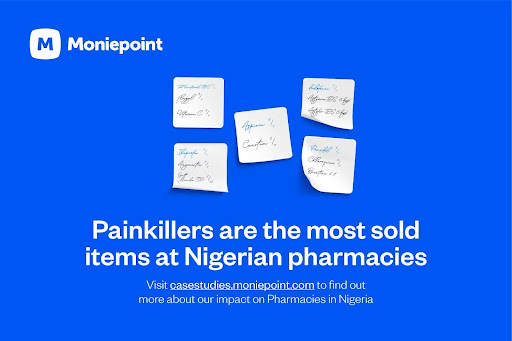
Do you remember what you bought the last time you visited a pharmacy? Data from Moniepoint’s pharmacy case study reveals it was likely a painkiller. Click here to discover how Moniepoint is enabling access to healthcare through payments and funding for community pharmacies.
Startups
Bolt launches Bolt Market, its grocery delivery product, in Kenya
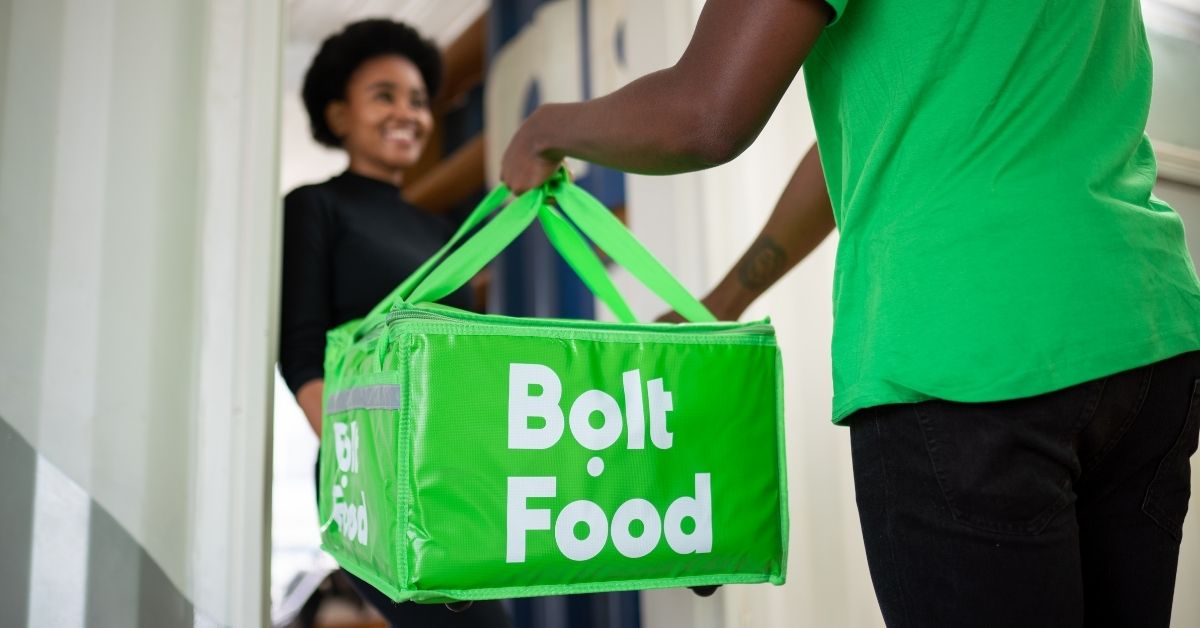
Years after experimenting with food delivery in African markets and competing with the likes of Jumia Food and Uber Eats, Bolt, the uber-popular ride-hailing company, is now bringing its grocery delivery service to Africa. Specifically, Bolt Market, its grocery delivery service, will be exclusively available to Kenyans.
Customers in Kenya can place their grocery orders online through the Bolt Food app at least 24 hours before the expected delivery time. A merchant processes the orders, and Bolt couriers pick them up and deliver them to customers.
The ride-hailing company claims that grocery orders are taken from shelves directly to customers’ doorsteps within 30 minutes—which is half the time that other grocery delivery competitors, Glovo and large-chain supermarket Carrefour, say they deliver. Bolt will also offer an 80% discount and free delivery for customer deliveries within 3 kilometres (km) distance.
Bolt Market’s expansion into grocery delivery in Africa comes after struggles with food delivery in other regional markets. In 2023, Bolt Food, its food delivery service, exited Nigeria due to macroeconomic challenges. However, Bolt Food has remained active in Kenya and Ghana, where user adoption and logistics efficiency have shown more promise.
The Kenyan market, in particular, presents opportunities for Bolt Market. Online grocery delivery is growing rapidly, with the Competition Authority of Kenya (CAK) projecting that 16.7% of the population—10.5 million people—will shop for groceries online by 2027. Yet, Bolt will face stiff competition. Glovo, which dominates Kenya’s online grocery delivery market, already offers grocery services alongside other essentials, while retailers like Carrefour leverage their wide inventory.
Bolt Market’s success will hinge on competitive pricing, delivery speed—which it is already optimising for—and customer experience. Its free delivery strategy gives it an edge, but sustaining this advantage against Glovo’s entrenched presence will be a challenge.
Bolt may be a king in the ride-hailing market, but it is only an upstart in grocery delivery when compared to the likes of Glovo in the African context. Its first difficult task is to claw market share away from the big players.
Get Fincra’s Embedded Finance and BaaS Report 2024 for FREE
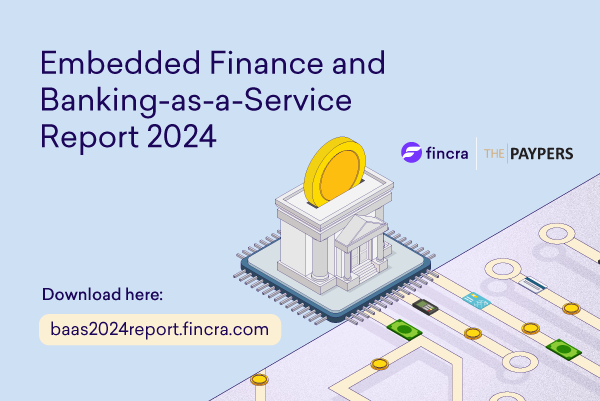
Fincra in collaboration with The Paypers have released the Embedded Finance and Banking-as-a-Service Report 2024. This report examines the key challenges and innovative solutions defining the future of seamless cross-border payments and remittances across the continent, among other topics, with key experts.
Banking
Access Bank UK expands into Malta

Access Bank UK, the subsidiary of Nigeria’s Access Bank Group which operates in 22 countries, has expanded into Malta through a fully-owned establishment. The bank's licence application was approved on Tuesday by both the European Central Bank (ECB) and the Malta Financial Services Authority (MFSA).
This is Access Bank UK's third market expansion in the last two months, following Hong Kong and Mauritius, but only its second presence in Europe. In November, the UK bank acquired majority shares in Afrasia Bank, the fourth-largest bank in Mauritius with $5.7 billion in total assets.
Access Bank UK holds a commercial banking licence but focuses on providing corporate, commercial, and private banking services. Its operations focus on trade finance, business banking, treasury services, and private wealth management, catering to individuals involved in international trade, especially between Africa and the UK.
While it does not operate a high-street retail bank like other UK-based commercial banks—like Barclays and HSBC—it plays a role in facilitating cross-border banking.
This is why the expansion into Malta makes sense. Access Bank wants to be a corporate banking service provider for Maltese companies that are investing in Africa. Access Bank has an advantage with its large presence in multiple African markets like Kenya, Ghana, and Rwanda—all countries where Maltese businesses are setting their sights on.
With its recent acquisition of Standard Chartered subsidiaries in Sierra Leone and Angola in November, Access Bank, the M&A machine, is growing its deep-rooted influence in Africa to facilitate trade between Europe and Africa. With this plan, Access Bank's next target will likely be in North Africa, as it moves further to bridge the trade finance gap between both continents.
It could also be another option for Access Bank to diversify its earnings beyond the volatile operating markets in Africa.
Introducing Paystack transfers in Kenya 🇰🇪
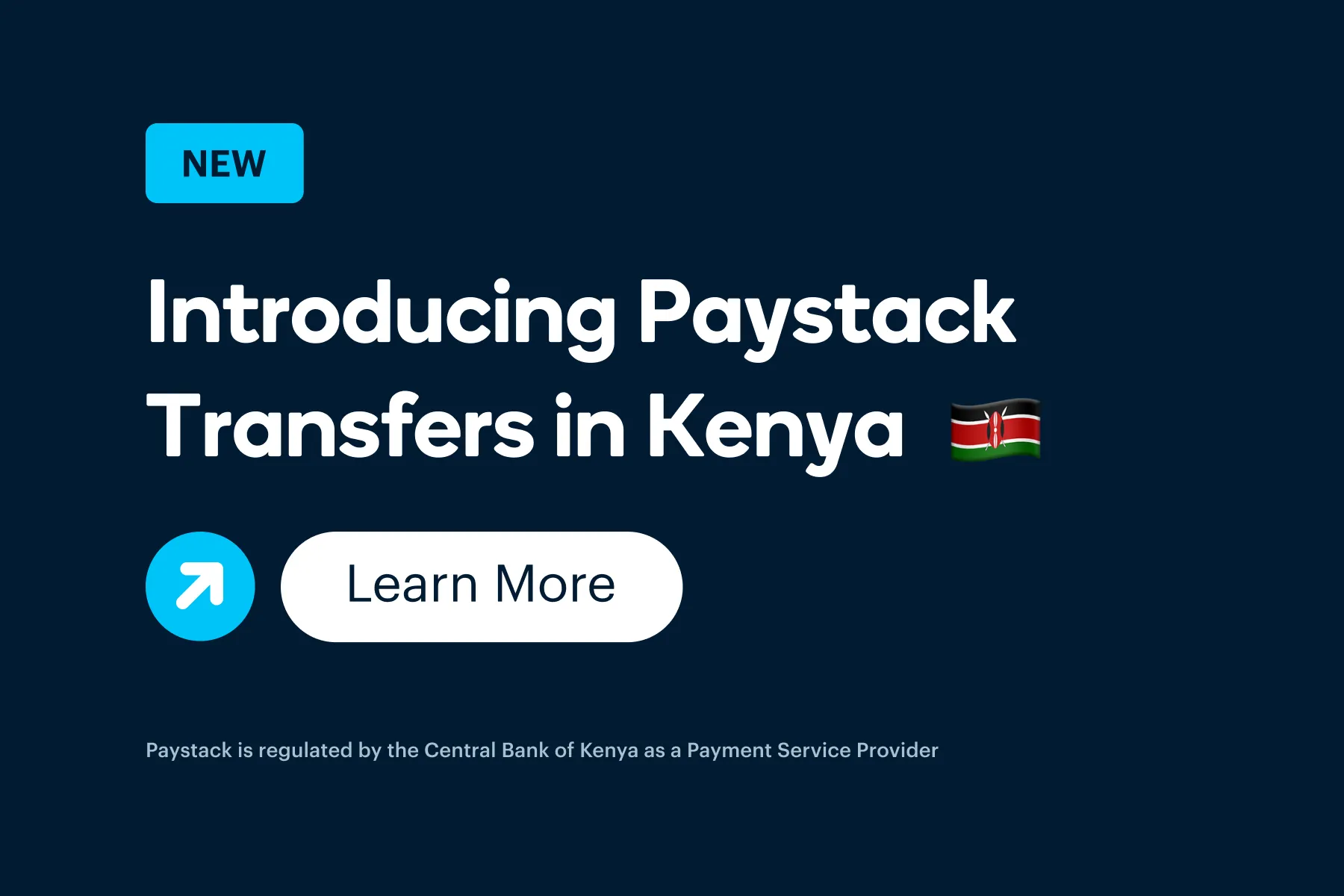
Paystack merchants in Kenya can now send single and bulk transfers to any Kenyan bank or MPESA account (including customer wallets, Paybills, and Tills) Learn more →
Banking
Nigeria’s biggest banks pay $92 million dividends in H2 2024
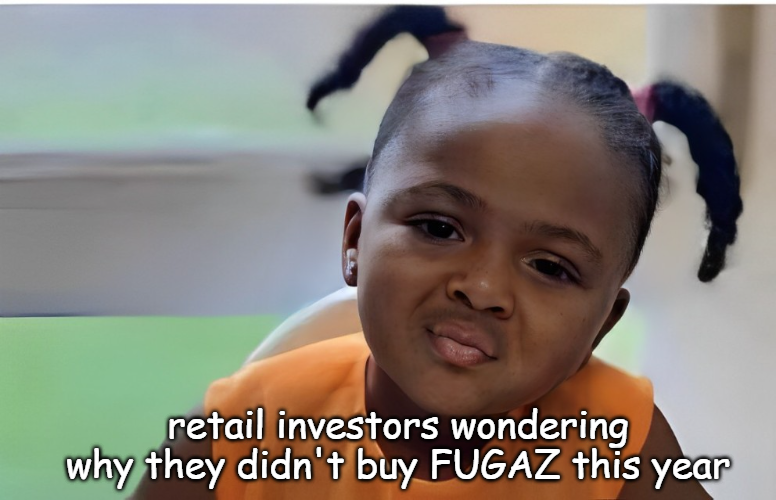
Nigeria’s biggest banks have earned record profits this year thanks to FX gains from the naira devaluation and net interest income from the Central Bank’s continuous interest rates hikes.
Since the year began Nigeria’s central bank has raised interest rates six consecutive times, with the latest hike pushing interest rates to 27.5%. The country’s four largest banks all reported that net interest income had more than doubled as a result of those hikes. Guaranty Trust Holding Co., Nigeria’s biggest bank by market value, for instance posted its biggest first-half profit as income from loans soared on the back of record interest rates. GTBank and other Nigerian banks have also reported record profits bolstered by FX gains.
So it’s no surprise they're paying huge dividends to shareholders. Yesterday, Nairametrics reported that Nigeria’s five biggest banks—Guaranty Trust Holding Co., Access Bank Group, Zenith Bank Plc, United Bank for Africa Plc, and FBN Holdings Plc—paid dividends of ₦145.221 billion ($92 million) to its shareholders in the first half of the year. Those banks paid a combined amount of ₦58.177 billion ($37 million) in the same period last year. A retail investor who bought 1,000 shares of GTCO at the beginning of the year for ₦40.50 ($0.026) per share would have seen their investment grow to ₦53,200 ($34) by December 6, representing a 31.4% return.
Pension funds, insurance companies, and other institutional investors that hold significant deposits in these banks were the biggest winners.
The higher dividend payouts have attracted more investors to these Nigerian banks' stocks. As of December 6, 2024, their combined market capitalisation stood at ₦5.9 trillion ($3.76 billion).
CRYPTO TRACKER
The World Wide Web3
Source:

Coin Name | Current Value | Day | Month |
|---|---|---|---|
| $97,340 | + 0.87% | + 19.55% | |
| $3,667 | - 0.08% | + 15.60% | |
| $5.49 | - 51.45% | - 51.45% | |
| $218.35 | + 1.59% | + 5.23% |
* Data as of 05:30 AM WAT, December 11, 2024.
Opportunities
- Business owners, do you want to export worldwide and grow faster? Make more money effortlessly?
- Applications are open for the Lead(H)er Fellowship 2025 (Cohort 4) for young African women. The 5-month program supports women aged 25 and below from Eastern, Southern Africa, and the Middle East, focusing on leadership in Politics, Business, and Peace and Security. Apply by December 20.
- Applications are open for the CcHub-Mastercard Foundation Edtech Fellowship 2025 (Cohort III). This program offers African edtech startups $100,000 in equity-free funding, expert mentorship, and access to an investor network. Eligible startups must focus on education solutions in areas like K-12, tertiary education, or vocational training, with verifiable users. Female founders are encouraged to apply. Don’t miss this chance to scale your edtech solution and transform education in Africa. Apply by January 31, 2025.
- Triggerfish and UNESCO are offering free training and mentorship for African women in animation through the Creator Labs program. Sessions run online from March to May 2025. Apply by February 5, 2025.
Ojah by Payshiga invites you to an exclusive webinar on December 12 at 4 PM WAT. Discover how their new product can streamline cross-border trade, reduce transaction costs, and unlock global growth opportunities. Don’t miss out on this chance to go global with ease. Register now and attend online.

Written by: Faith Omoniyi & Emmanuel Nwosu
Edited by: Olumuyiwa Olowogboyega & Timi Odueso
Want more of TechCabal?
Sign up for our insightful newsletters on the business and economy of tech in Africa.
- The Next Wave: futuristic analysis of the business of tech in Africa.
- Entering Tech: tech career insights and opportunities in your inbox every Wednesday at 10 AM WAT.
- TC Scoops: breaking news from TechCabal
P:S If you’re often missing TC Daily in your inbox, check your Promotions folder and move any edition of TC Daily from “Promotions” to your “Main” or “Primary” folder and TC Daily will always come to you.



